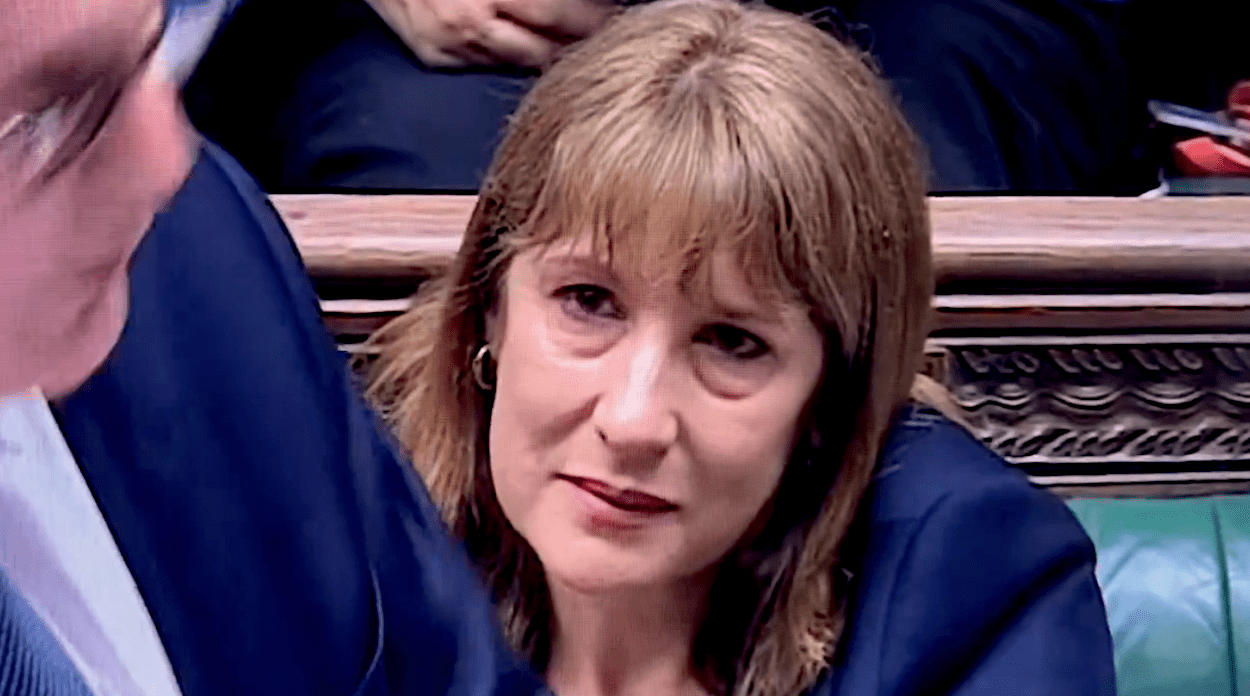I’m starting to feel a tiny bit sorry for the chancellor. Yes, most of the economic and fiscal problems we’re facing have been exacerbated – if not caused – by current Treasury policy. But Labour’s welfare reforms, flawed and limited as they were, at least acknowledged that the welfare bill is not just fiscally unsustainable but also morally unacceptable.
The idea that we should simply accept rising worklessness among the young – 25 to 34-year-olds are now the fastest-growing group on sickness benefits, with claims up 69 per cent in five years – is indefensible in a supposedly compassionate country. Much of this is driven by the medicalisation of anxiety and depression. To pretend these people are actually among the very ill who cannot be helped back into work is a failure of both policy and principle.
Nevertheless, someone in government seems to have forgotten Lyndon Johnson’s first rule of politics: know how to count. Despite repeated warnings from the whips about a rebellion on welfare, Starmer charged ahead without securing the parliamentary numbers. The result? Yesterday’s revolt, and the effective death of welfare reform. Worse still, the benefits system has now joined the NHS in political sanctity. It is untouchable.
The consequences: the cost of sickness and health benefits is back on course to exceed £100 billion by the end of this parliament. And every single day, 3,000 more people are being signed off work – up from 2,000 a day under the Tories. And with that, the prospect of tax rises this autumn moves from likely to inevitable.
Pat McFadden admitted as much on the radio this morning, saying Starmer’s latest U-turn has ‘financial consequences.’ Quite. Combined with the winter fuel U-turn – to provide a lump sum to wealthy pensioners every winter – about £6 billion has now been wiped from Reeves’s already thin £9.9 billion of headroom, defined by her ‘ironclad’ fiscal rule. The remaining £4 billion will be quickly eroded this autumn by weaker growth forecasts, stubbornly high borrowing costs and, quite possibly, the next U-turn.
What’s more, in the Office for Budget Responsibility’s (OBR) assessment of their forecast accuracy yesterday they admitted they’ve been underestimating their five-year borrowing forecasts by over 3 per cent of GDP. A correction to that alone could eliminate Reeves’s headroom.
The small amount of sympathy I have for Reeves comes from the fact her MPs either don’t seem to get what this means – one was apparently heard saying: ‘I don’t understand why this means tax rises when it’s only a few billion pounds’ – or are happy to keep playing chicken with our economy. They know a £100 billion bill is unaffordable, they know a crisis day in the bond markets will eventually come, but they just think someone in the future will deal with it. Worse, they all rabbit the line that ‘everyone agrees welfare needs reform’, yet block any attempt to even begin the task.
The opposition is no better. Reform have calculated that there are votes to be won in the seats most dependent on welfare, and though the Tories have the strongest message on fiscal discipline, they would still rather vote against a reform for short-term political gain than actually practice what they preach.
The real sickener was pointed out by Paul Johnson, the director of the Institute for Fiscal Studies, who noted that the U-turn could actually end up costing more money than if the reforms hadn’t even been attempted in the first place. For that, Reeves deserves no sympathy.








Comments